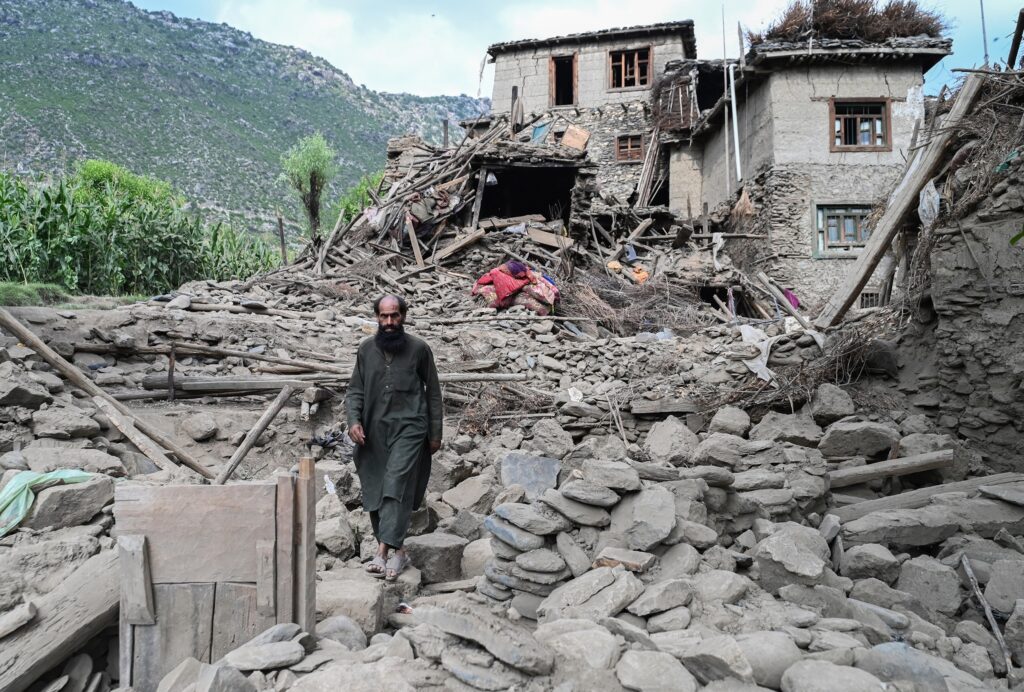
The Importance of Monitoring Earthquakes in Afghanistan
Afghanistan is a country with a complex geophysical landscape, lying on the convergence of several tectonic plates. This positioning makes it vulnerable to seismic activity. Recent earthquakes have heightened concerns about the implications for an already struggling nation, underlining the significance of monitoring and understanding seismic risks.
Recent Earthquakes and Their Magnitude
In August 2023, Afghanistan experienced a devastating earthquake measuring 5.8 on the Richter scale, centered near the northeastern province of Badakhshan. Reports indicated that the tremors were felt across various regions, including Kabul and the provinces bordering Tajikistan and Pakistan. This earthquake led to significant destruction in rural areas, with numerous buildings collapsing and the displacement of thousands. Tragically, several lives were lost, further compounding the humanitarian crisis in the region.
Impacts on Communities
The aftermath of the earthquake has been particularly dire for remote communities, many of which were already battling the repercussions of years of conflict and neglect. Essential infrastructure, such as roads, health facilities, and schools, has been severely damaged, leading to disrupted access to basic services. Humanitarian organizations have reported an uptick in the need for shelter, food, and medical assistance following the quake. The challenging winter months further exacerbate the situation, as many families find themselves without adequate shelter or resources.
International Response and Humanitarian Aid
The international community has rallied to provide support to the affected regions. Agencies such as the United Nations and various NGOs have mobilized resources to deliver emergency relief. However, ongoing political instability and logistical challenges hinder efforts to reach all those in need. These challenges highlight the necessity for sustained attention and support from global aid organizations.
Conclusion and Future Outlook
The earthquakes in Afghanistan serve as a stark reminder of the region’s vulnerability to natural disasters. As the situation evolves, the importance of earthquake preparedness and responsive policies cannot be overlooked. It is crucial for the Afghan government, alongside international partners, to bolster earthquake resilience in the face of an uncertain future. Increased investment in infrastructure and community education on disaster readiness are essential steps moving forward. For readers, staying informed and supporting humanitarian efforts can make a significant difference in the lives of those affected by these natural disasters.



